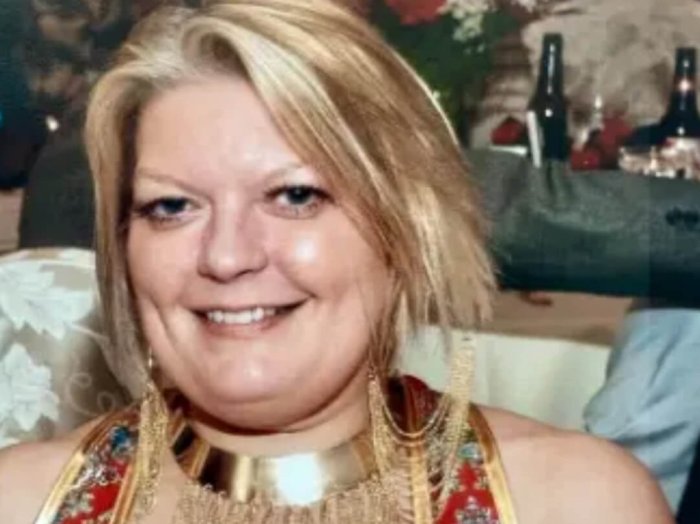Today is World Menopause Day, putting aging women and their health in the spotlight.
World Menopause Day has been around since 1999, and brings to light the transition period in a woman’s life when her ovaries stop producing eggs, her body produces less estrogen and progesterone, and menstruation becomes less frequent, eventually stopping altogether. The average woman reaches menopause about the age of 51.
“While each woman’s experience of menopause is unique, one thing is true for all women,” Margery L.S. Gass, MD, executive director of the North American Menopause Society said in a press release. “Menopause presents an ideal opportunity for women to evaluate their personal health and improve their lifestyle. Taking informed steps will transform and enhance every woman’s sense of well-being, not only around menopause, but for the rest of her life.”
According to Womenshealth.about.com, Menopause, the word, is a combination of two Greek words which mean month and terminate—-translated literally menopause means “the end of the monthlies.”
“World Menopause Day is meant to draw attention to the important health and quality-of-life challenges that menopause poses for many midlife women, as well as the opportunity menopause presents for women to evaluate their personal health and improve their lifestyle and health practices,” reads a statement on Menopause.org.
As women of all ages note the transition and look to improve their lifestyle and health practices, according to Endoctrine Today, NAMS has put together a collection of helpful resources. The resources contain both basic and in-depth information on menopause, including Menopause 101, a detailed description of menopause including the symptoms and statistics, and even a list of common menopause myths called Menopause Mythbusting.
To celebrate World Menopause Day this year, International Menopause Society is launching a new campaign to create awareness of vasomotor symptoms such as hot flushes and night sweats.
“These symptoms are both distressing and debilitating for many women, and this campaign is designed as a call to action, to encourage more women to seek help from their physicians, and to consider the safe and effective treatment options available in their countries,” reads the IMS website.


































